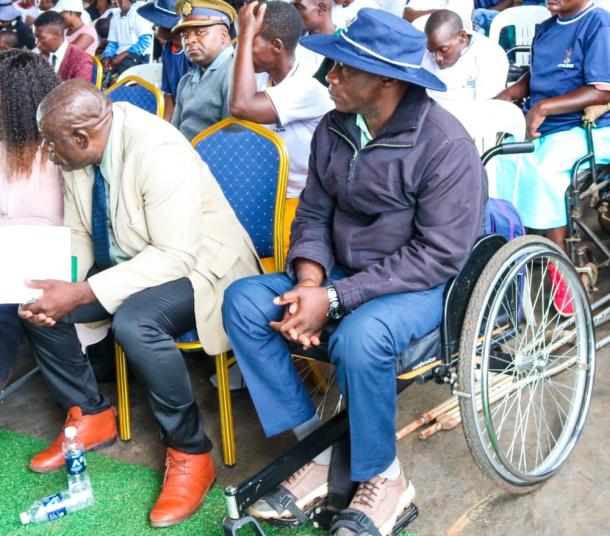
In a move set to strengthen disability inclusion and engagement with disability stakeholders, the UNESCO Regional Office for Southern Africa will hold a consultative workshop on 11 April in Harare, Zimbabwe. The event will be a partnership with the United Nations (UN) Resident Coordinator’s Office (RCO), and UN entities under the United Nations Partnership on the Rights of Persons with Disabilities (UNPRPD) Round 4. The meeting seeks to review and update the Common Country Analysis for Zimbabwe, which was last published in 2021.
The UN Common Country Analysis (CCA) is an integrated, forward-looking, and evidence-based analysis of the country context for sustainable development. The analysis provides significant insights in directing the ongoing implementation of the context-appropriate Zimbabwe United Nations Sustainable Development Cooperation Framework (ZUNSDCF) 2022–2026, serving as the basis for consultative discussions.
Key participants will include the UNRCO, Heads of UN Agencies, senior UNPRPD staff, and an estimated 16 Organizations of Persons with Disabilities from five of the country’s ten provinces.
The CCA considers new information on modifications to regulations and legal policy, and analyses opportunities and barriers to reaching the SDG targets focusing on those who are most at-risk, youth involvement, gender equality, and disability inclusion.
Persons with Disabilities continue to face the disproportionate impact of economic instability worsened by the El Nino phenomenon. According to the 2022 Population and Housing Census, the national disability prevalence was 1.6 percent, and at provincial level the prevalence ranged from 0.8 percent in Harare province to 2.2 percent in Matabeleland South province. Of this, females constituted the majority of persons with disabilities in both rural and urban areas, 2.2 percent and 1.0 percent respectively.
Zimbabwe ratified the Convention on the Rights of Persons with Disabilities in 2013 and has since continued to make strides in advancing the rights of persons with disabilities. Consultation of persons with disabilities in development processes at all levels enables full and effective participation, as articulated in the CRPD Article 4.3 and General Comment No.7).
Key UN agencies involved in the UNPRPD project include the core project team – UNESCO, UNFPA, UNDP – and technical partners – UNICEF & UN Women.


